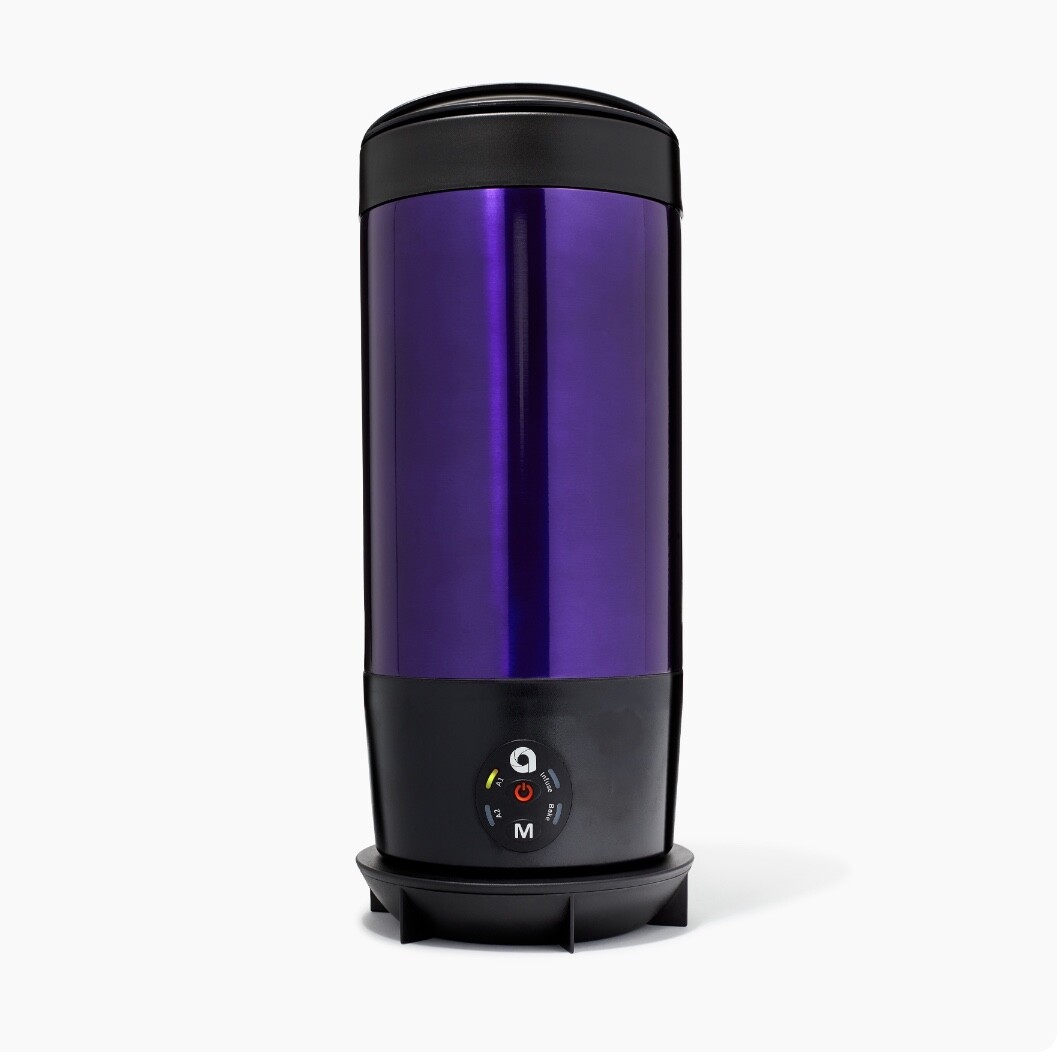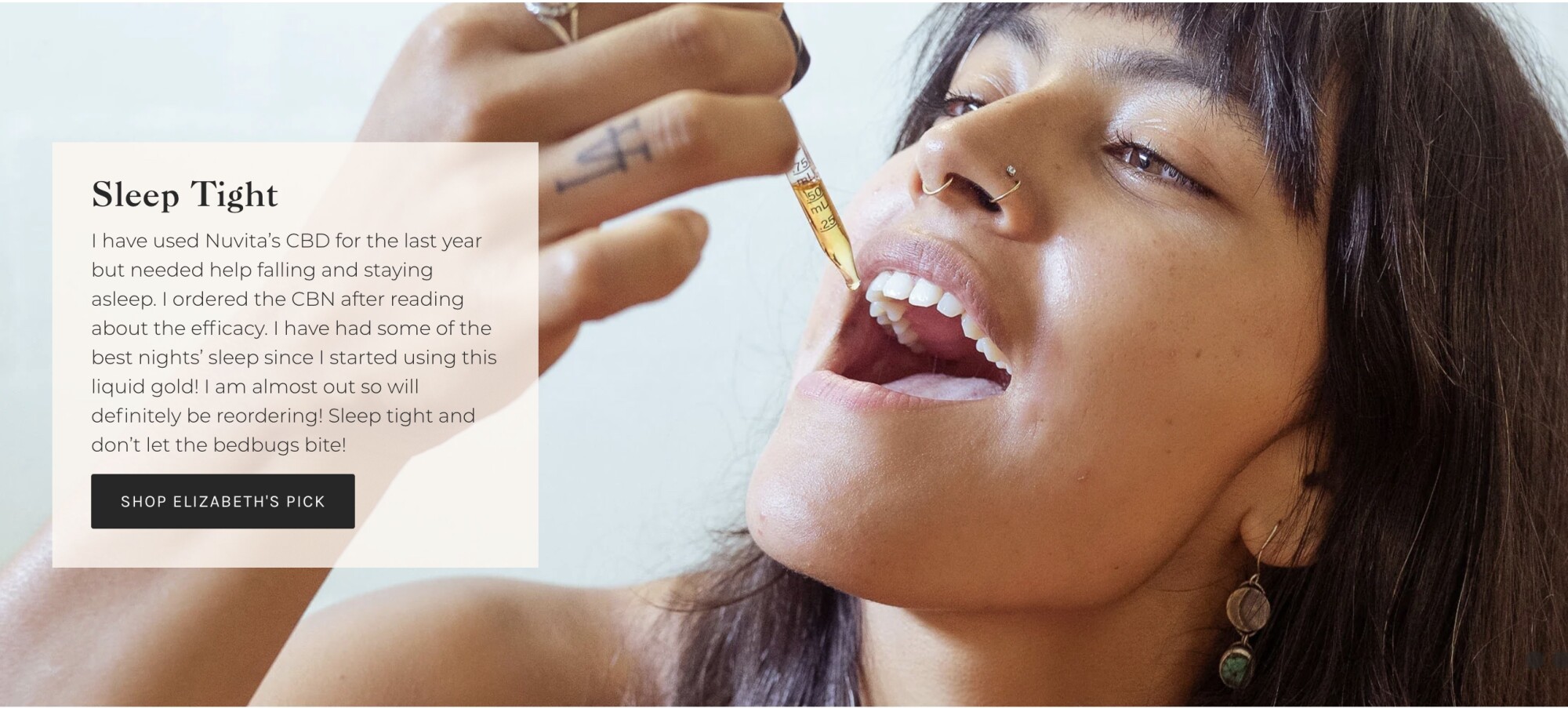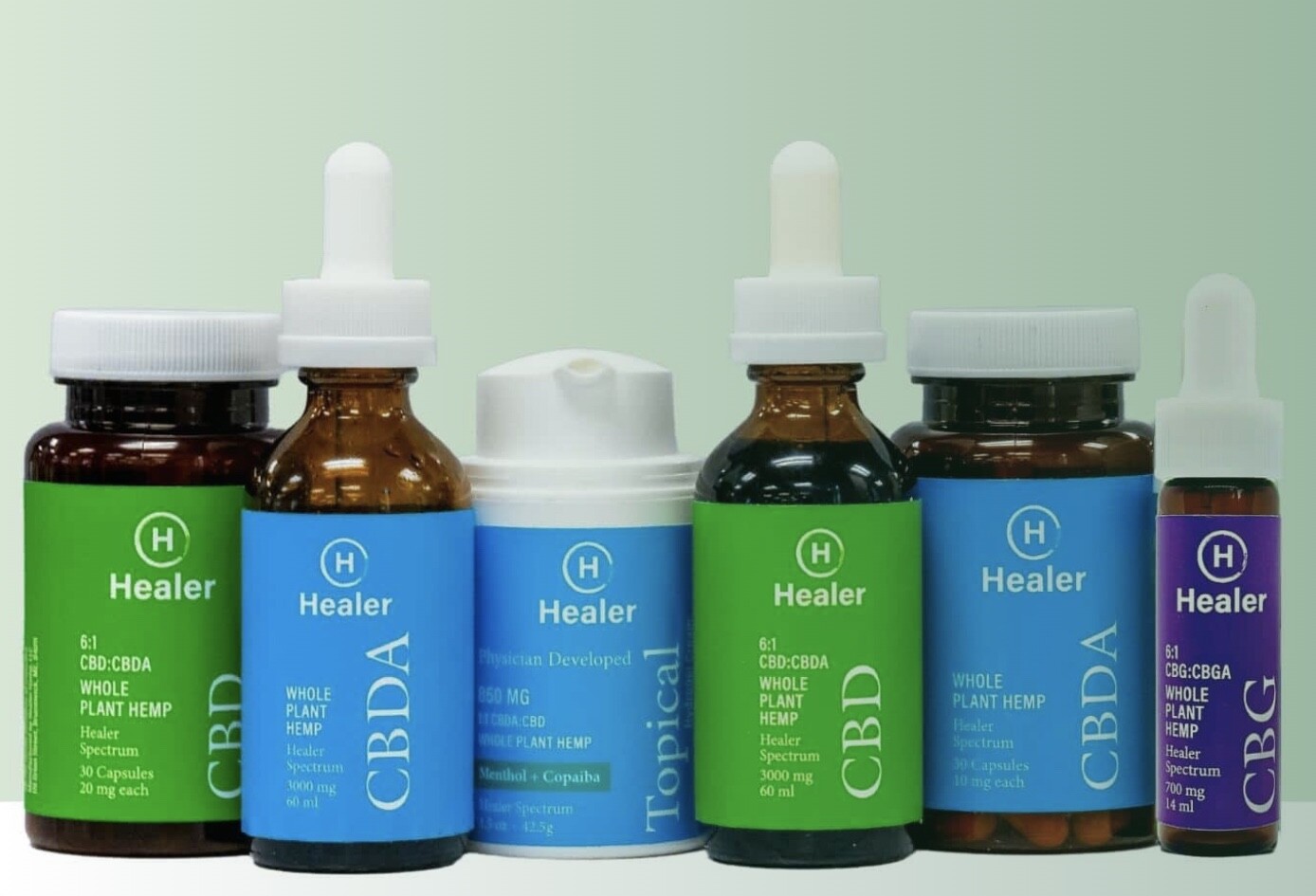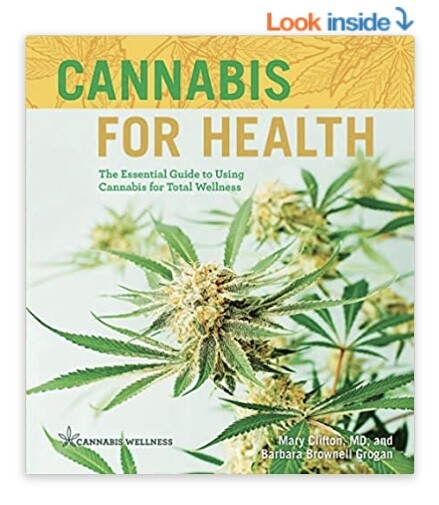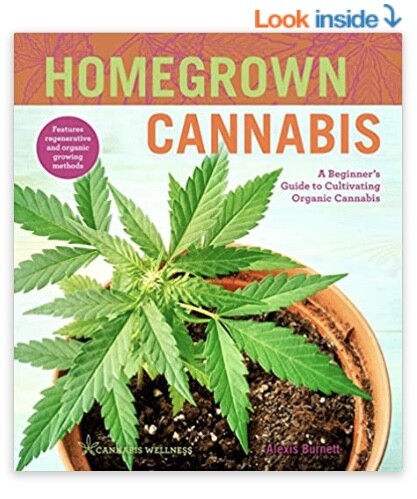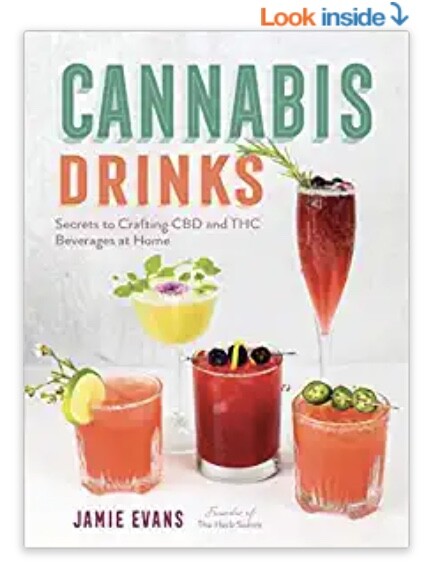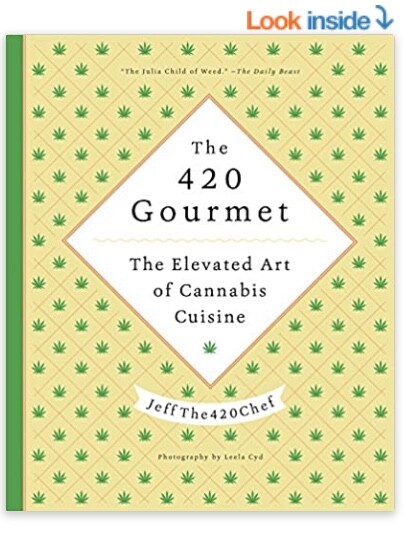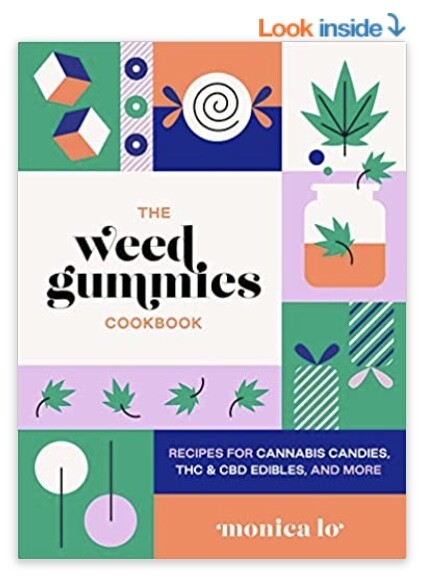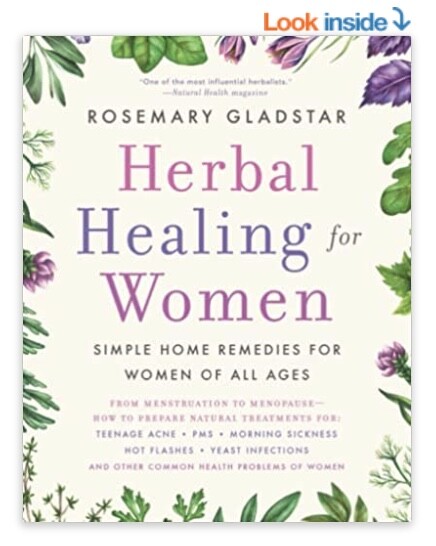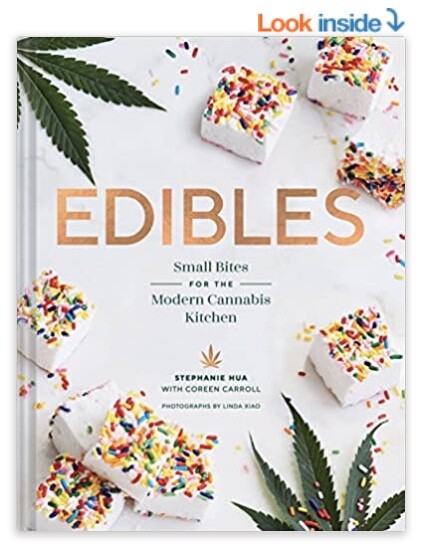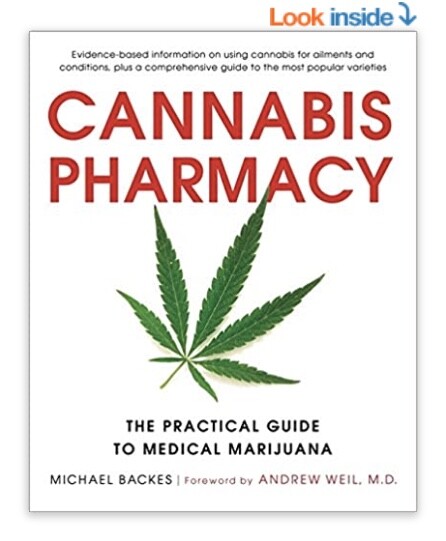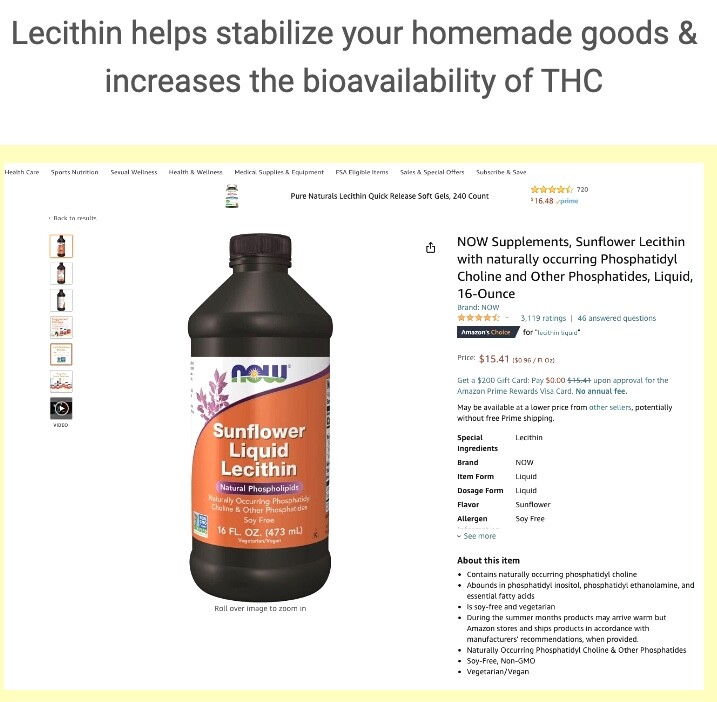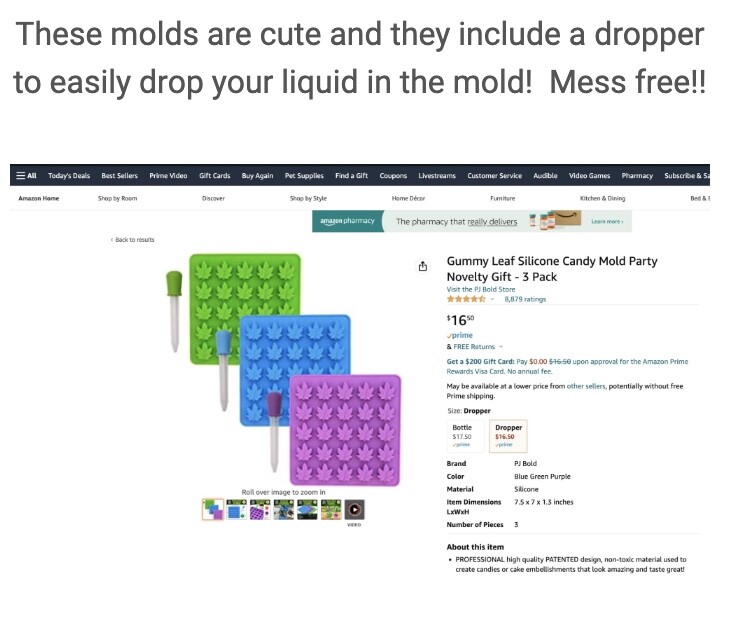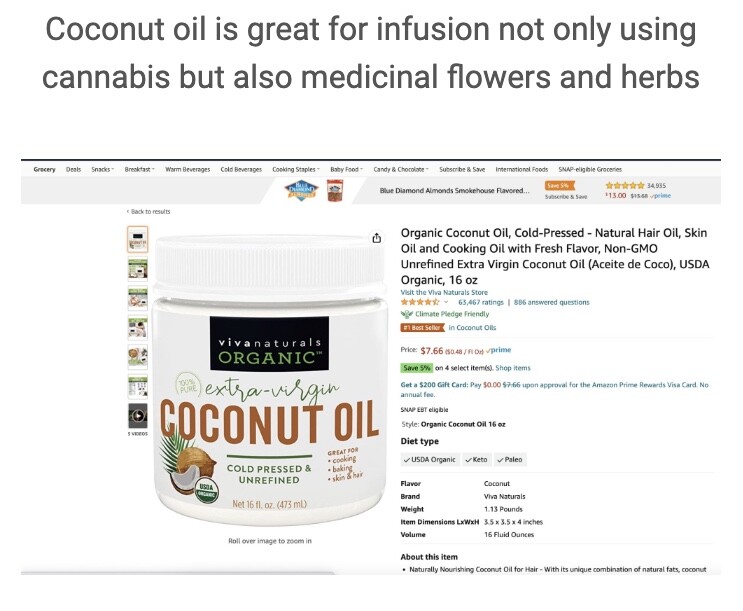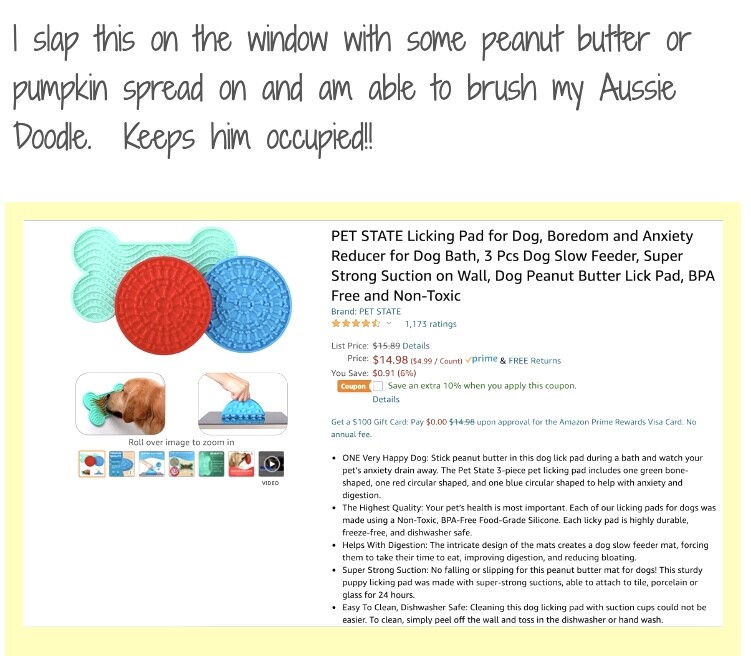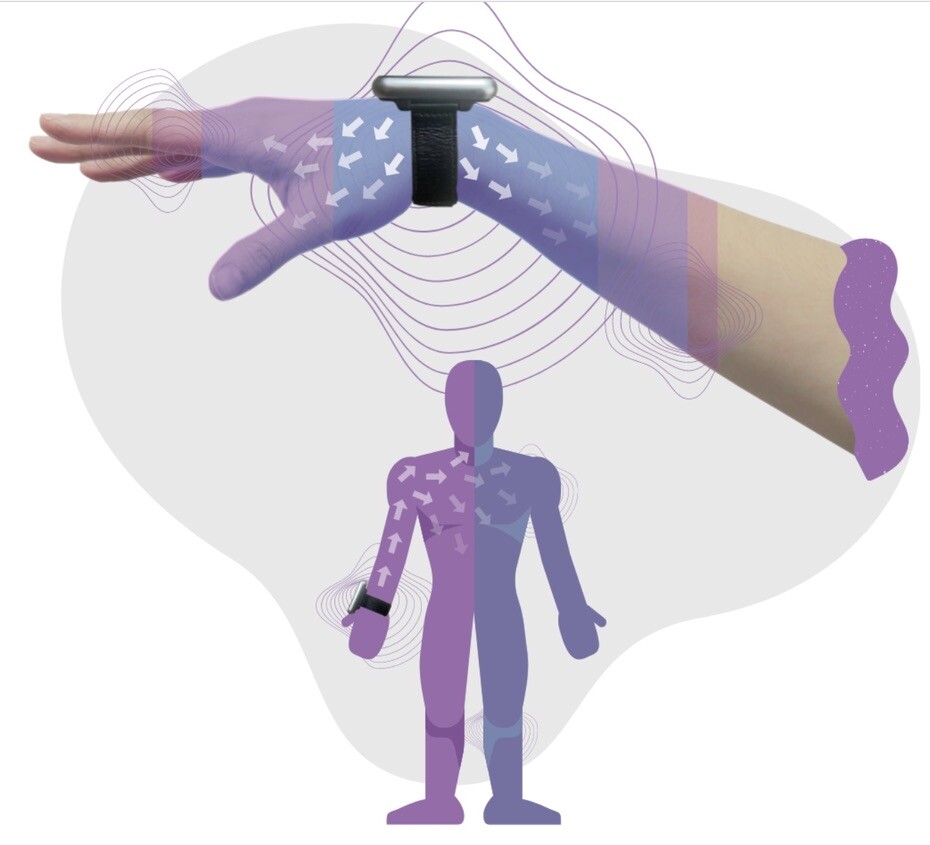
The long and Short of the Pine Tree
The pine is an evergreen tree that has needles instead of leaves. The scientific name for the pine tree is Pinus. There are between 105-120 species of pine. According to Encyclopedia Britannica, most pine trees are native to the Northern Hemisphere. Here are some more notable pine tree facts.
- Pine trees are considered evergreens because they keep their needles for approximately 2 years. When old needles falls, new needles quickly take their place.
- Pine tree needles can range in length from 1 inch to 11 inches.
- Both male and female pine trees produce woody cones. The female cones produce seeds, while the male cones produce the pollen.
- Depending on species, pine trees can mature at 4 ft. tall all the way to 150 ft. tall.
- Pine tree are known to live, on average, 100 years, in favorable conditions.
- Pine trees have been used for everything from building material to medicine.
The Pinus sylvestris tree, also known as Scotch pine, is a tall coniferous evergreen tree that grows to the height of 131 feet and has characteristic orange-red bark and stiff blue-green needles. Pine essential oil is steam distilled from the needles of the tree and has been researched by Hippocrates, the father of western medicine. Pine’s aroma is reminiscent of the Japanese tradition of forest bathing and provides a refreshing breathing experience and encourages a moment of joy. When blended with other essential oils such as Peppermint, Lavender, and Eucalyptus, there are numerous benefits.
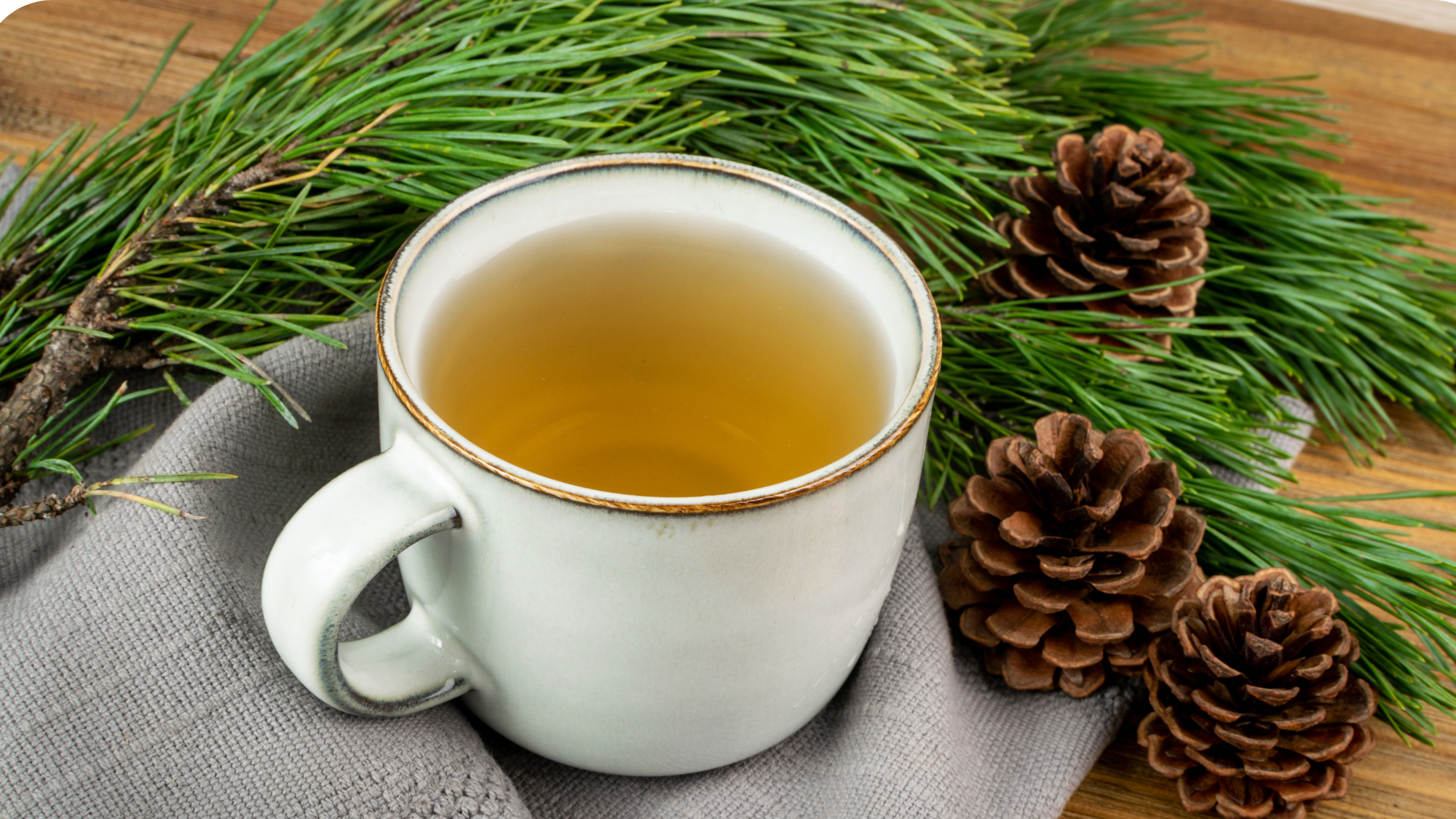
The Needle in the Haystack-Pine needle tea is full of vitamins!
Most everyone is familiar with this beautiful evergreen tree. Maybe you have a Christmas tree that is a pine, or perhaps you have enjoyed the smell of a pine forest.
Pine trees have long been prized for their wood, which is strong and durable. Pine wood is often used in construction because it is so sturdy. In addition, pine resin has many uses; it can be used as glue, Varnish, or even chewing gum. And let’s not forget about the most popular use for pine trees: Christmas trees!
As a family, we have made it a tradition to buy live evergreen trees for Christmas. These trees have the rootball intact and we plant them after Christmas. We have about 40 years of trees in our yard (granted some did die) but it is so satisfying to contribute to the environment by planting a Christmas tree. There is a pine tree that was in our home around 1988 that is well over 125' tall now.
The history of the pine tree is deeply intertwined with human history. For centuries, people have used pine trees for everything from building material to food to medicine. Pine needles can be used to make a soft and sturdy fabric, while pinecones can be used as fuel or natural kindling. Pine nuts are a nutritious snack, (one of the main ingredients for pesto) and pine resin has long been used in medicinal ointments and salves. In short, there are very few things that this tree cannot do!
Aboriginal Australians were some of the first people to use Pine essential oil for healing. They would steam the needles of certain species of pine and inhale the fumes to clear congestion and ease breathing difficulties. Similarly, Native Americans used Pine oil in sacred ceremonies and rituals meant to purify both the mind and body. Today, Pine essential oil is still used for its cleansing properties—but it also has aromatherapeutic benefits that can help reduce stress and promote feelings of wellbeing. When diffused or inhaled, Pine oil can help combat negative emotions like anxiety and fear while boost energy levels and mental focus.
Pine oil is high in vitamins A and C. In fact, it has three times more vitamin C than oranges! According to an article by Medical News Today, “Vitamin C is a water-soluble vitamin that plays important roles in human health. It is an antioxidant, meaning it helps protect cells from damage. Vitamin C also helps the body absorb iron from plant-based foods.” This makes pine oil perfect for alleviating symptoms like congestion, runny nose, and itchy eyes caused by histamines that are released when exposed to allergens or viruses or bacteria. Pine EO can help to boost the immune system, fight infections, reduce inflammation, and even improve circulation.
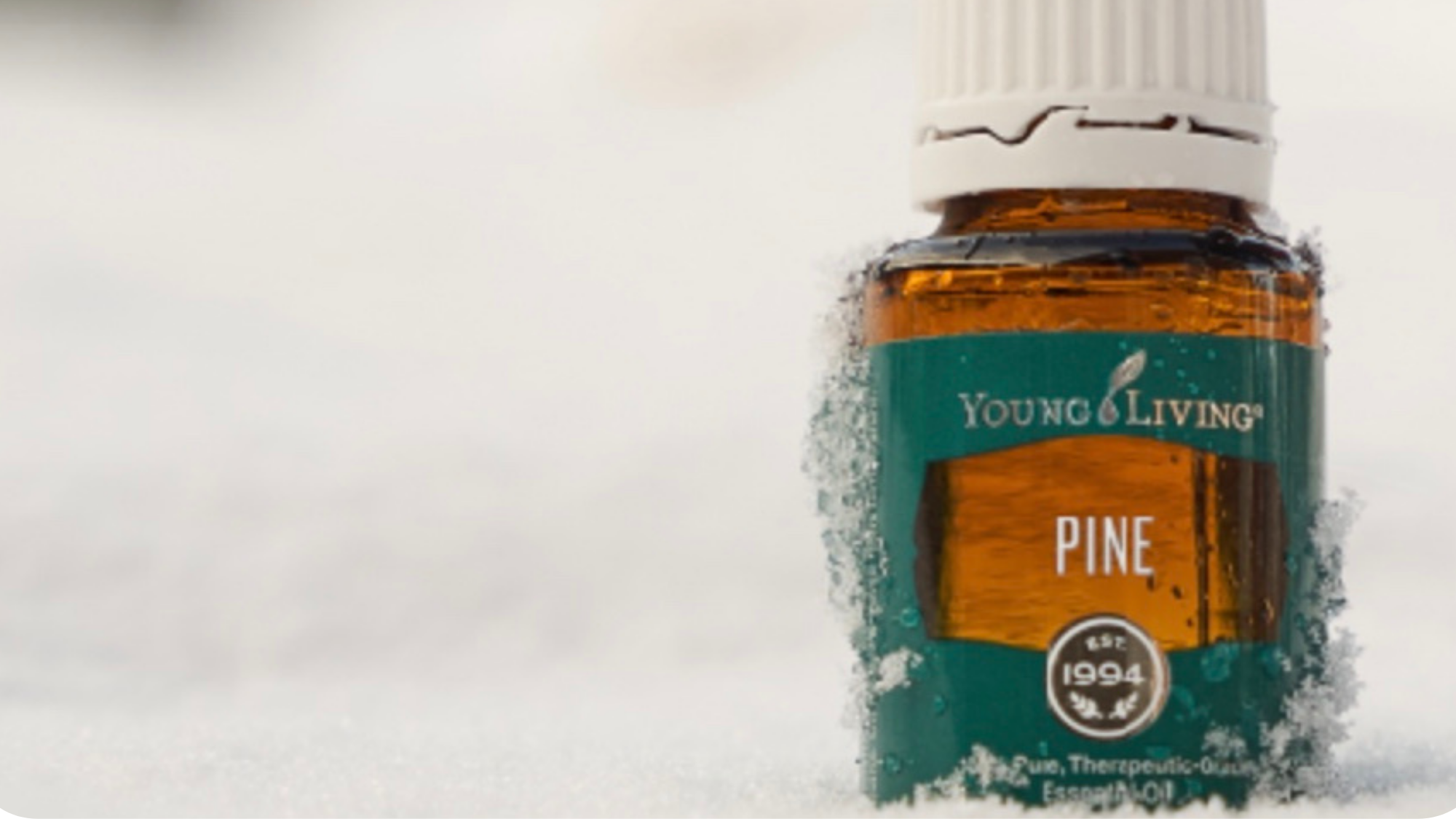
Pine Essential Oil
Pine essential oil is steam distilled from the needles of the tree and has been researched by Hippocrates, the father of western medicine. Pine’s aroma is reminiscent of the Japanese tradition of forest bathing and provides a refreshing breathing experience and encourages a moment of joy. When blended with other essential oils such as Peppermint, Lavender, and Eucalyptus, there are numerous benefits.
When used in aromatherapy, it can help clear sinuses and lungs, making it a popular natural remedy for colds and flus. Additionally, according to an article published in NCBI, “Inhalation of (pine) needle oil exhibited antiviral activity against herpes simplex virus type 2 (HSV-2) in mice." So if you’re looking for a way to fight off a cold without resorting to over-the-counter medication, consider trying pine essential oil next time you’re under the weather.
If you want to try Pine essential oil, I highly recommend you choose wisely. Many companies that sell essential oils don't take growing, harvesting and distilling seriously and as a result we suffer from inferior products just to save a buck. If you have any questions at all about good quality essential oils, please reach out and I will help you!
The next time you're out for a walk in the woods or enjoying a Christmas tree, take a moment to appreciate all that this versatile tree has to offer! From its ability to withstand harsh weather conditions to its potent medicinal properties, there is much more to the humble pine tree than meets the eye.
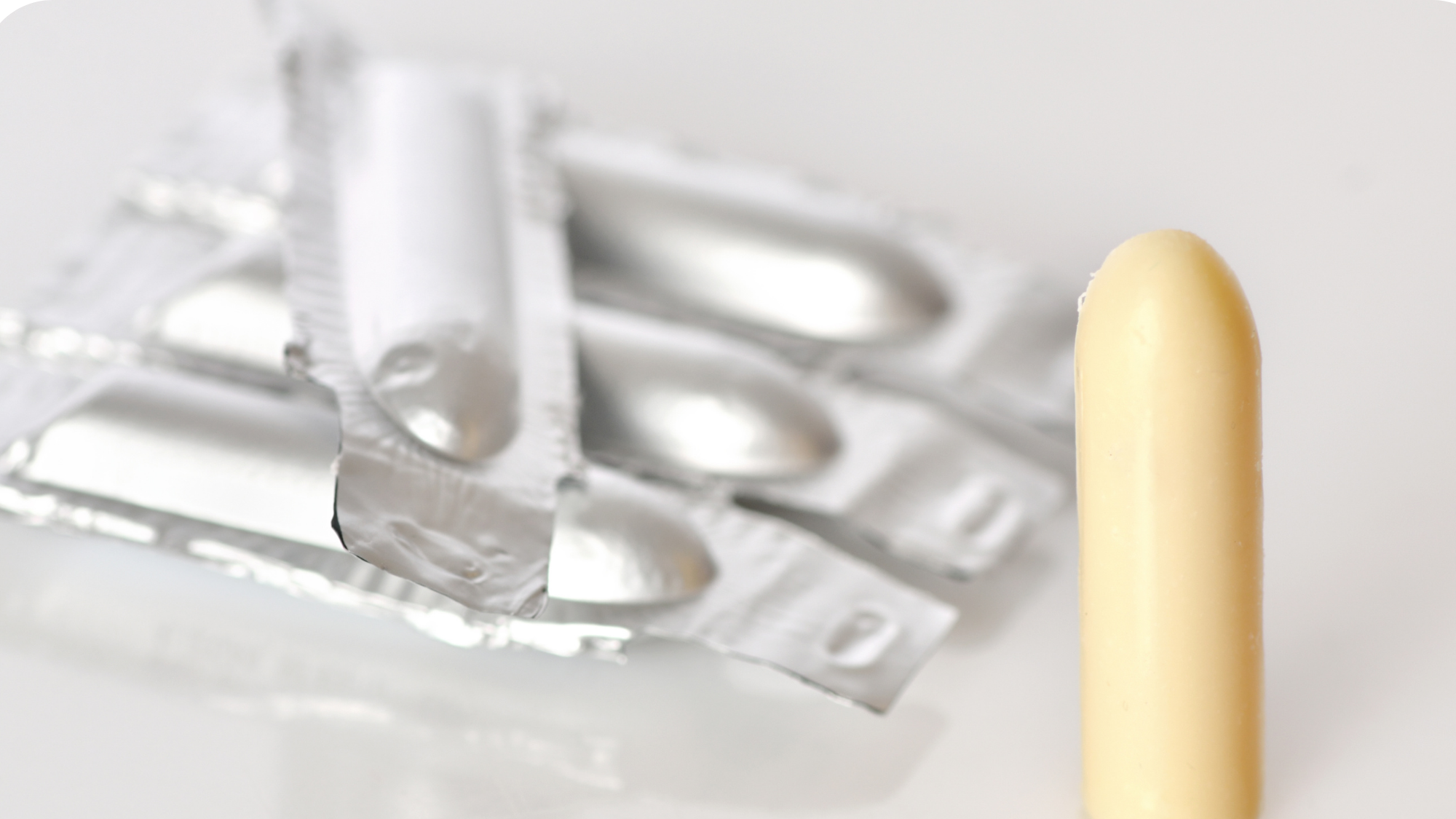
What are suppositories?
Suppositories. Just the word conjures up all sorts of images, none of them pleasant. But what exactly are they? And how do they work? If you're curious about suppositories and want to know more about them, read on. This blog post will tell you everything you need to know about this not-so-popular method of medication deliver
Suppositories are basically little packages of medication that are designed to be inserted into the rectum or vagina. Once inserted, the suppository melts and releases the medication into the body. Suppositories can be made from a variety of materials, including gelatin, latex, and vegetable oils, cacao butter or shea butter or coconut oil.
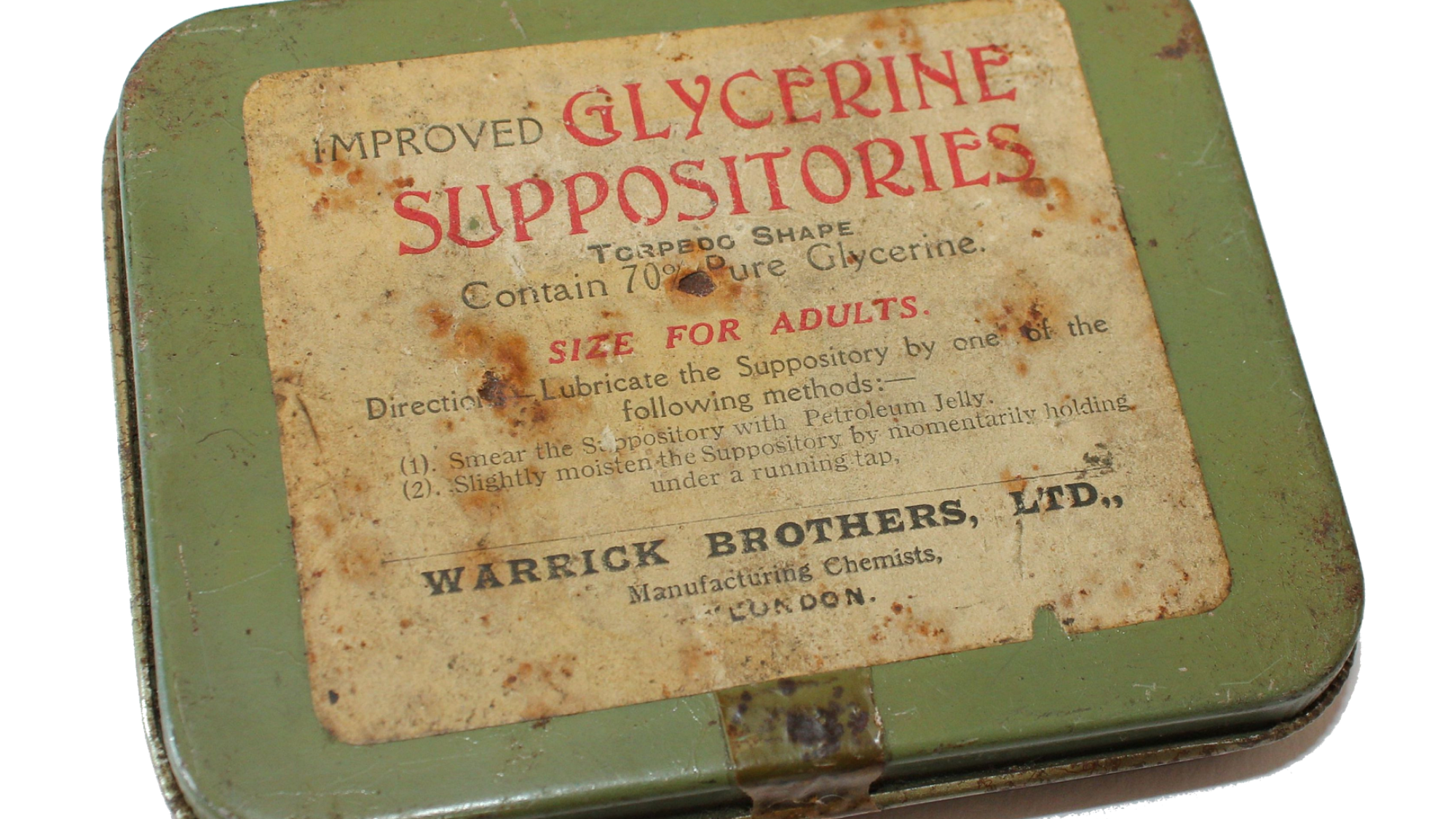
How do Suppositories Work and What are the Benefits?
When a suppository is inserted into the rectum or vagina, it melts due to the heat of the body. This allows the medication to be absorbed directly into the bloodstream through the walls of the rectum or vagina.
One of the major benefits of using suppositories is that they bypass the digestive system. This means that medications that would normally be broken down by stomach acids can still be effective when delivered via a suppository. In addition, because they're absorbed directly into the bloodstream, suppositories can often take effect more quickly than other methods of medication delivery such as pills or liquids taken orally.
PROS:
-They are easy to use and can be self-administered
-They provide relief from conditions like constipation quickly
-They bypass the digestive system so they can be used for conditions like nausea
-They are relatively inexpensive
-They can be stored at room temperature
As usual there is a downside to all meds either side effects or in the case of suppositories:
CONS:
-They can be messy
-They can be uncomfortable to insert
-They may cause irritation or itching
-They may cause an increase in flatulence
Suppositories are a type of medication that is inserted into the body through the rectum or vagina. Suppositories are used to treat a wide variety of conditions because they allow medication to bypass the digestive system and go straight to where it is needed in the body.
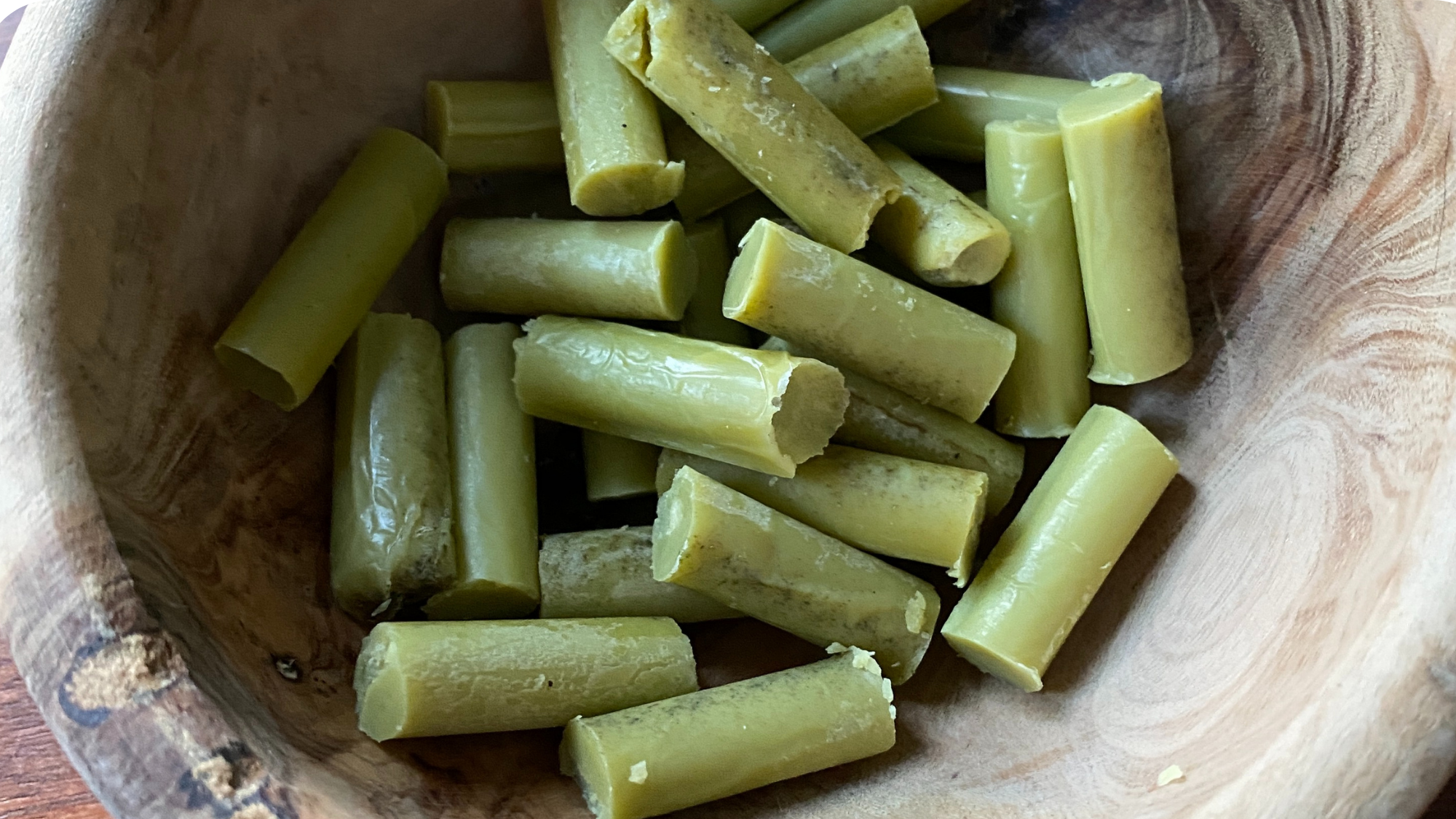
What About Cannabis Suppositories? (Yes, Really!!!!)
We've all heard of cannabis-infused brownies and gummies, but what about cannabis suppositories? If you're not quite sure what a cannabis suppository is or how it works, you're not alone. I am going to give you the lowdown on everything you need to know about this unique method of consuming cannabis.
What makes a Cannabis Suppository different from regular suppositories?
A cannabis suppository is a little package of cannabis medicine that is inserted into the rectum or vagina. Because they are used vaginally or rectally they bypass the digestive system and first pass metabolism making it impossible to feel the psychoactive effects of THC. You can actually use very high doses of THC in this method.
Suppositories can be made with either THC or CBD, and they are typically made with a base of coconut oil or cacao butter. Some people prefer to make their own suppositories at home, while others prefer to purchase them from a dispensary. If you do purchase them from a dispensary, be sure to ask your budtender for advice on which type would be best for your needs. The problem is they are hard to find. I searched the local dispensaries and they are not available but if you live in Colorado, you have a number of choices available.
I made the ones you see in the photo. I added Patchouli essential oil due to it's ability to help with inflammation, infection and antiseptic qualities. These have about 65mg of THC (roughly). I have used them and have had no adverse reactions and haven't felt anything from them either.
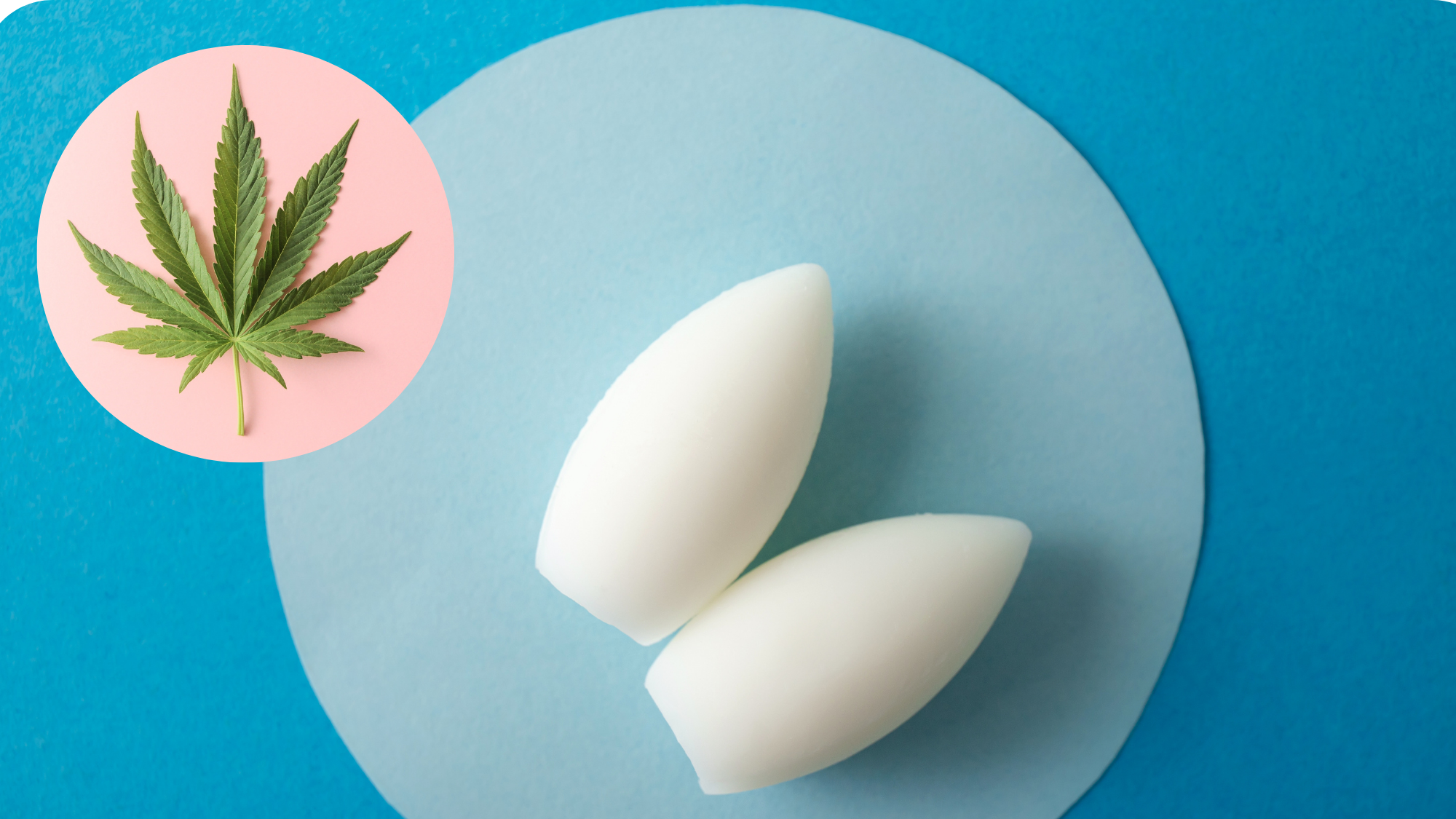
Why use a Cannabis/CBD suppository?
Cannabis suppositories are an ideal choice for those who want fast relief from pain, inflammation, cramps, or other symptoms without having to worry about the psychoactive effects of THC. They can also be a good option for those who have trouble consuming cannabis orally due to nausea or vomiting.
If you use the suppository rectally, avoid inserting it high into the rectum. If it is kept in the bottom 2 inches of the rectum, you will never feel the psychoactive effects of the THC.
Dr Mikail Kogan and MD who is a medical marijuana expert says this about suppositories, “Although there are very few studies on the use of cannabis suppositories, I find that they are one of the most effective routes of delivery for back, pelvic, vaginal and rectal pain.”
I had my own personal experience using the suppository the first time. I had gone to Refit and was super sore after a hard workout. My hips and knees hurt really bad!!! I would say my pain was at an 8/10. I used the suppository at bedtime. I woke up about 2 hours later and thought it was a fluke!!! My pain was almost entirely gone!! I rated it a 2/10!!
I have been listening to http://cannabishealthradio.com/ and have heard numerous testimonies of how using high dose THC via suppository will address many kinds of cancers and other health issues. You should check it out!
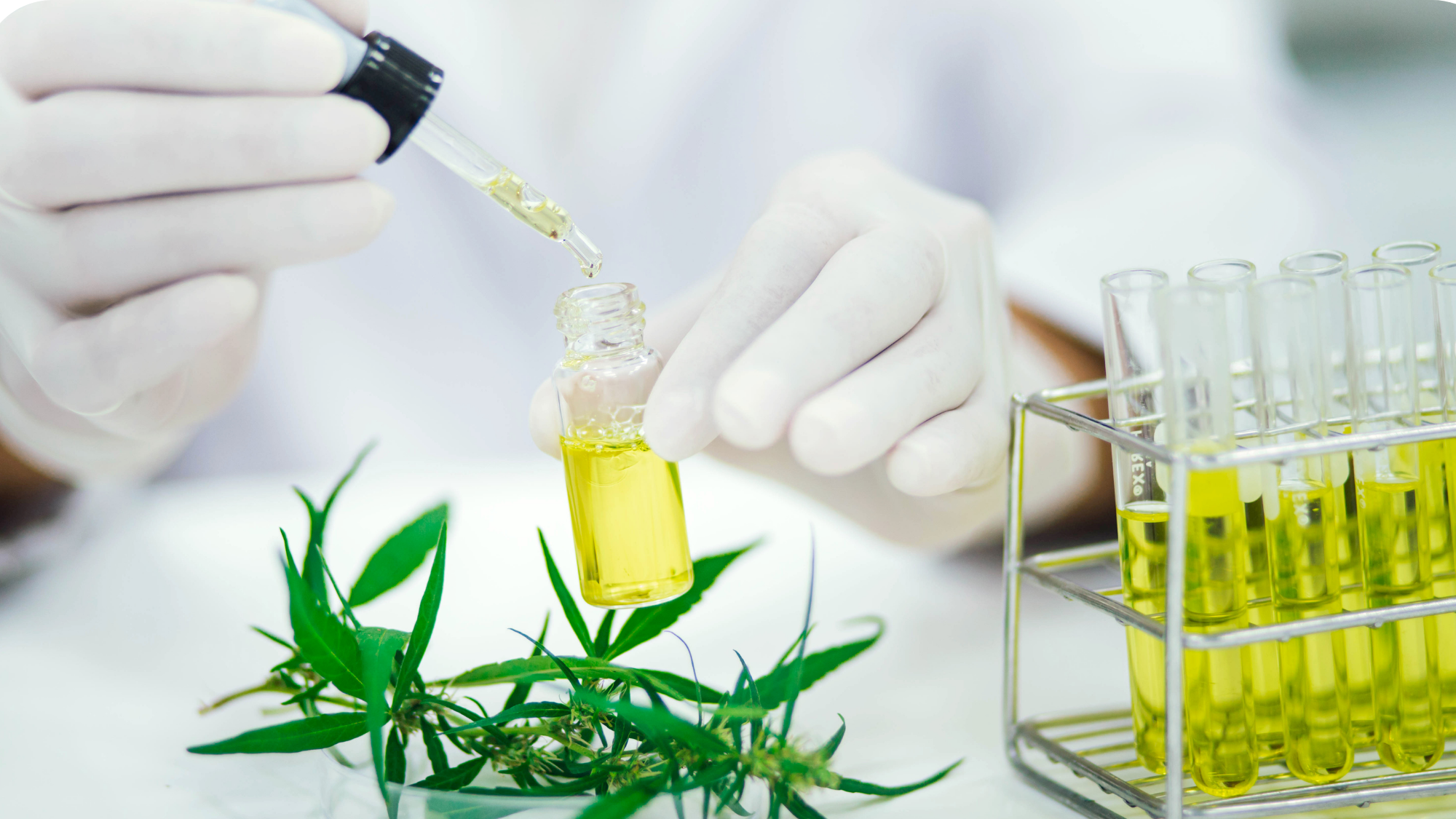
Conclusion
If you're looking for an alternative way to consume cannabis that offers fast relief from pain, inflammation, cramps, or other symptoms without the psychoactive effects of THC, then cannabis suppositories might be right for you! Have any questions? Feel free to reach out to me at my email schurchpac@gmail.com or my website www.cannabisremedy.org —I'll be more than happy to answer any questions you may have!
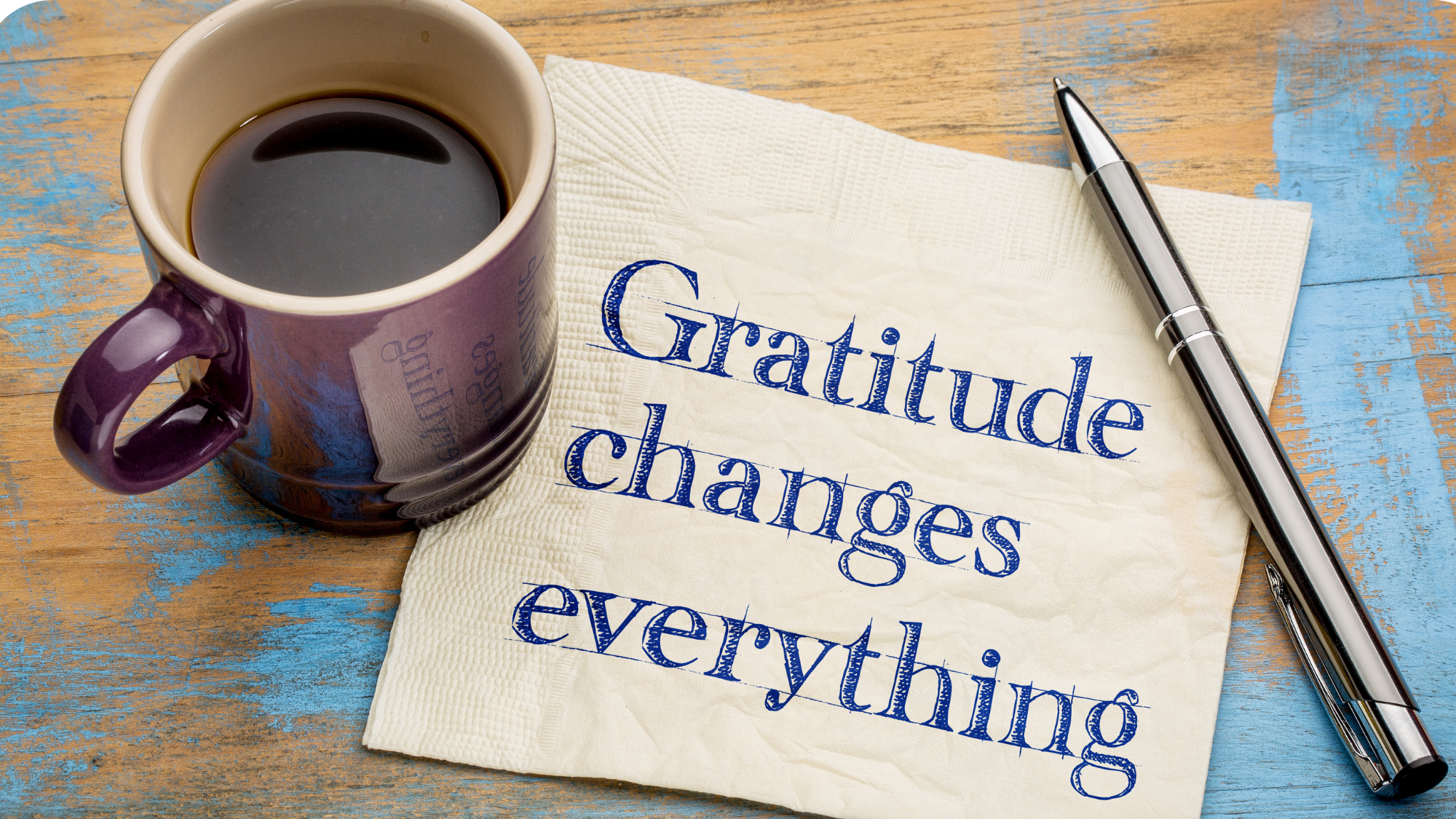
Being Grateful
It’s the time of year when we start thinking about what we’re thankful for. But did you know that gratitude and thankfulness can actually have a positive impact on your health? Check out these three ways being grateful can improve your physical and mental wellbeing.
1. Boosts immunity. Studies have shown that people who express gratitude on a regular basis have stronger immune systems. One study even found that people who kept a daily gratitude journal were less likely to get sick! So, if you’re looking to avoid getting sick this winter, make sure to show some extra appreciation for all the good in your life.
2. Reduces stress and anxiety. We all experience stress and anxiety from time to time, but did you know that being grateful can help reduce these feelings? One study found that people who practice gratitude had lower levels of the stress hormone cortisol. So, the next time you’re feeling overwhelmed, take a step back and focus on what you’re thankful for—it might just help relieve some of that stress.
3. Improves sleep quality. Getting enough rest is important for maintaining our physical and mental health, but it can be hard to get a good night’s sleep sometimes. Luckily, gratitude can help with that too! One study found that people who wrote down what they were grateful for before bed slept better than those who didn’t. So, if you’re struggling to get some shut-eye, try expressing some gratitude—it just might help you drift off to dreamland more easily
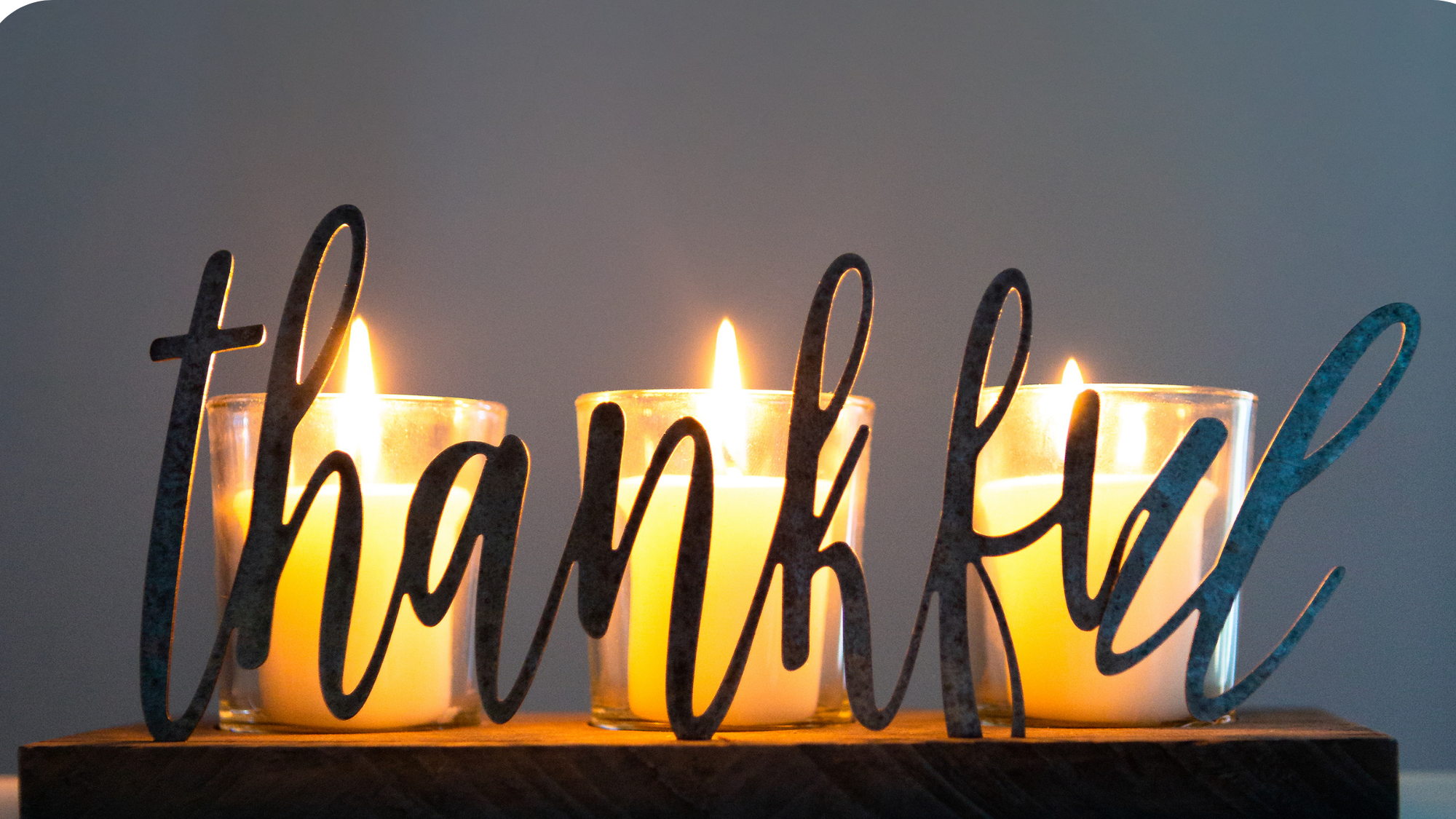
Let's Take it a Step Further
Jesus encourages us to be thankful even when we are going through trials. We aren't guaranteed a life without problems but He has provided a way for us even in the midst of those problems. We can't see the end of the road but He can. When we are thankful to Him even in the middle of troubles, He is with us.
In 1Thessalonians 5:18 he says, "give thanks in everything; for this is God's will for you in Christ Jesus.
Colossians 3:15 And let the peace of Christ, to which you were also called in on body, rule your hearts. And be thankful.
When we are thankful and express our gratitude, it helps to improve our mental well-being. Praying regularly can be helpful for those who struggle with depression or anxiety because they know that Jesus cares about them enough that their thoughts haven't been completely lost forever.
One study looked at patients suffering from chronic illness such as cancer which often leads people into feelings of losing hope. After just eight weeks where these individuals were given opportunities throughout each day via Thankful Devotionals – A Prayer Guide For The Healing Power Of Thanksgiving - there were benefits that included less stress confessing problems and illnesses even if no solutions were offered.
That's the power of prayer and of being full of gratitude and thankfulness to Jesus.
So this Thanksgiving, as you share a hearty meal with your family and friends, call out what you are thankful for and then continue that practice every day from then on even during the trials of life.
HAPPY THANKSGIVING FRIENDS!!!!
Love, Shoshana
Help break the stigma!!!
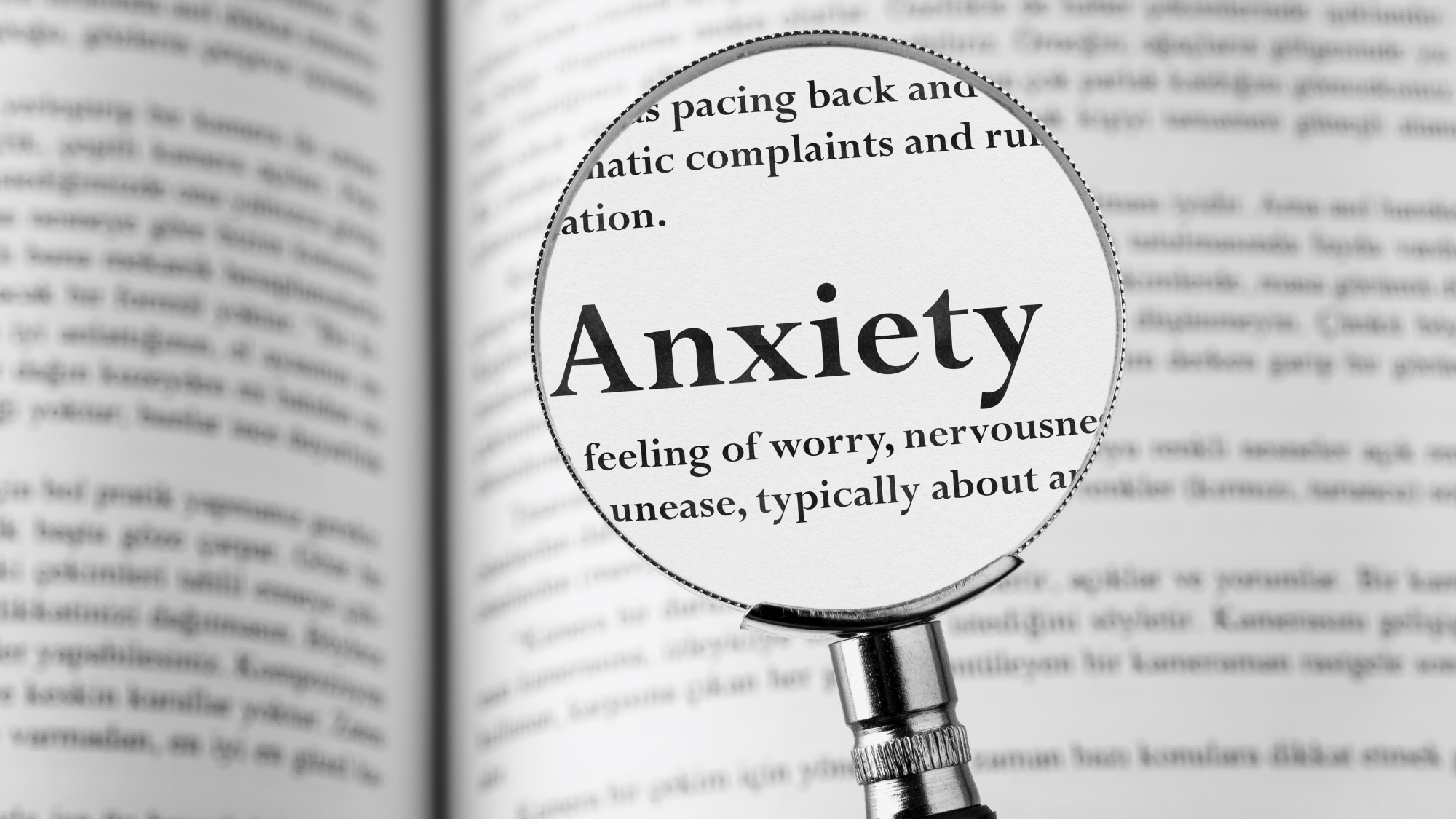
Anxiety is different for everyone
Anxiety disorders come in all shapes and sizes, which can make them difficult to identify. According to the National Institute of Mental Health, anxiety disorders are the most common mental illness in the United States, affecting 40 million adults ages 18 and up. That's a lot of people!
While there are many different types of anxiety disorders, they all share one common symptom: Fear! Fear is a normal emotion that we all experience from time to time. But when that fear is constantly present and interferes with our ability to live our lives, it becomes a problem. Stress can lead to uninvited levels of anxiety as well.
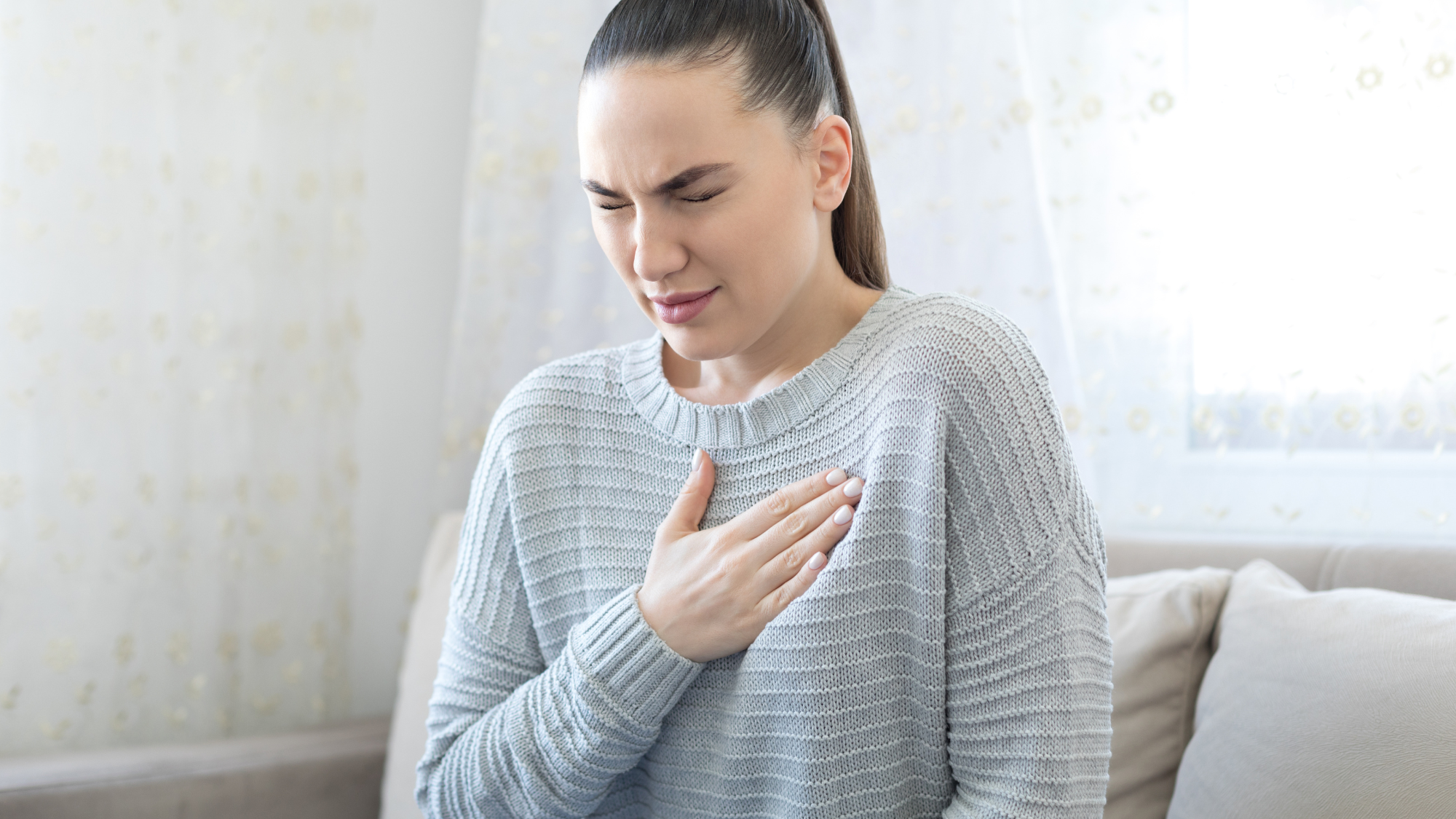
Symptoms of anxiety can include physical, emotional, and cognitive symptoms
Anxiety disorders can manifest themselves in many different ways. There are 3 different stages of response to anxiety. If you understand and identify those stages you may be able to alleviate anxiety before the symptoms become full blown.
Let's take a look at some of the most common symptoms.
Cognitive: This usually begins with a thought that results in worry or uncertainty. Once the worry thoughts start, it can escalate to worsening cognitive symptoms and lead to physical symptoms. Worry usually stems from fear about the future. That future can be 5 minutes away or 5 years away.
Jesus specifically tells us not to worry in Matthew 6:25 & 27 where he says “Therefore I tell you: Don’t worry about your life, what you will eat or what you will drink, or about your body, what you will wear. Isn’t life more than food and the body more than clothing? And in verse 27: Can any of you add one moment to his life span by worrying?
This is where anxiety starts. Worry and fear. If you can identify this at the onset, you can use coping techniques to help reduce the fear and worry and anxiety so it doesn’t progress to the physical symptoms of anxiety
Physical Symptoms
Anxiety disorders can cause physical symptoms that range from mild to severe. You may began to sweat, you may feel your heart rate increase, you may feel light headed or dizzy and you may have a lot of tension especially in the neck and shoulders. You may feel tight in your chest and you might even become nauseous. These symptoms are manifested because your body is attempting to avert danger. You may become really shaky, start to sweat and your stomach can become upset sending you to the bathroom with diarrhea.
These physical symptoms can be so severe that they lead people to believe they are having a heart attack (chest pain and tightness) or other medical emergency. It's important to remember that anxiety is a real condition that should be treated by a mental health professional. If you're experiencing any of these physical symptoms, don't hesitate to reach out for help.
Behavioral Symptoms
In addition to physical symptoms, anxiety disorders can also cause psychological symptoms, resulting in a change in behavior such as:
-Feeling anxious or scared most of the time without knowing why (known as free-floating anxiety)
-Constant worry about everyday things such as finances, work, family, etc.
-Avoiding situations or places that make you feel anxious
-Feeling on edge or tired all the time
-Trouble sleeping or concentrating
-irritability or feeling easily frustrated
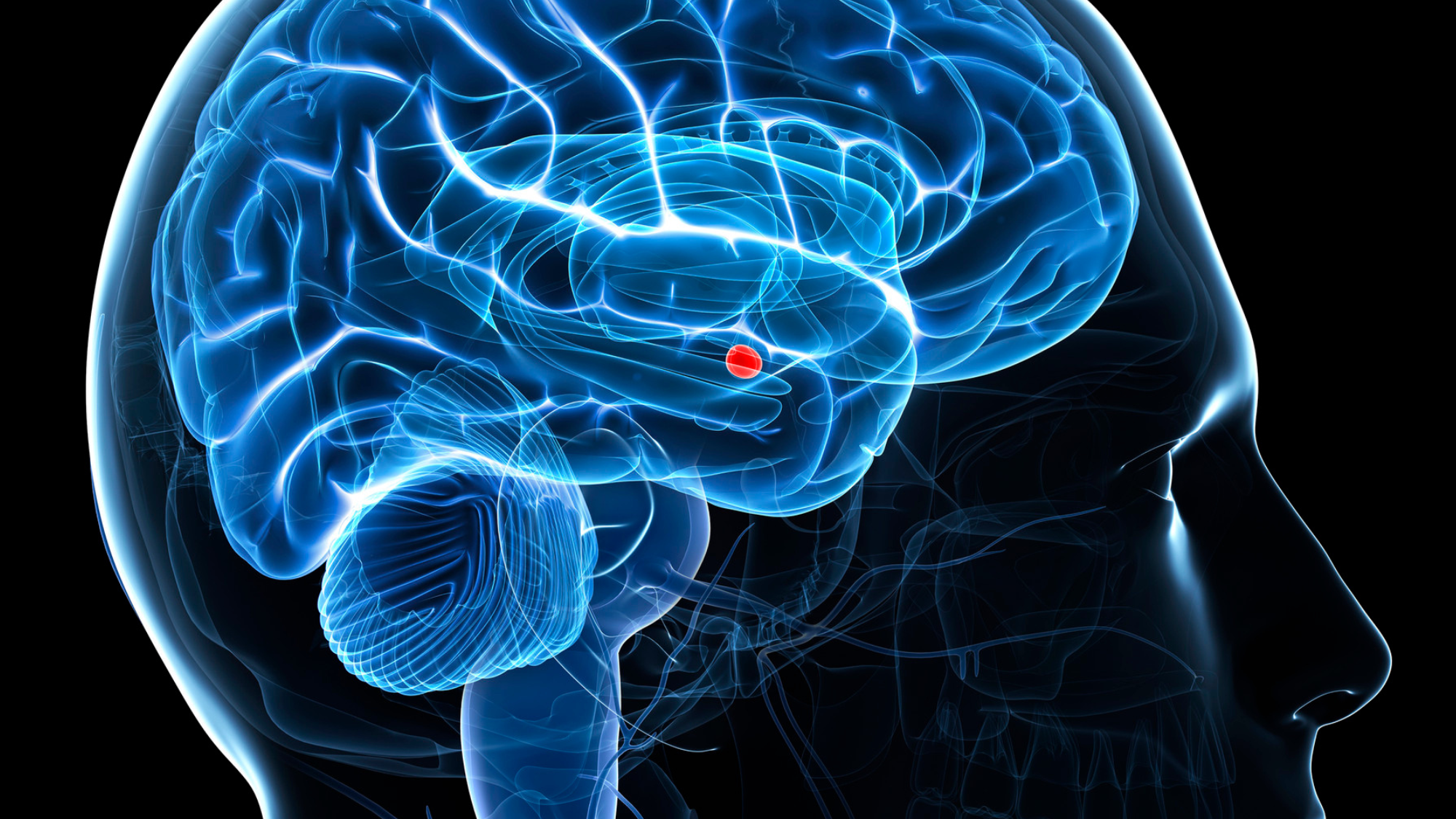
What is going on in the brain in relation to anxiety?
When a person experiences anxiety, it's as if their brain is playing a never-ending game of 'what if?' What if I fail this test? What if I can't find my way home? What if that sound is a burglar trying to break in? The anxious brain is constantly on the lookout for potential threats, which leads to those pretty uncomfortable physical symptoms, like a racing heart and sweaty palms. But what's actually going on in the brain when anxiety strikes?
It all starts with the amygdala, which is responsible for processing emotions like fear and anxiety but also pleasure and anger. The amygdala lies deep in the brain. It’s a very small structure actually. But when the amygdala senses a threat, it sends out an alarm signal to the rest of the brain. This triggers the release of stress hormones like adrenaline, which increases heart rate and blood pressure. The thalamus then kicks into gear, sending out signals to the body that it's time to prepare for fight or flight. All of these changes can make a person feel pretty anxious
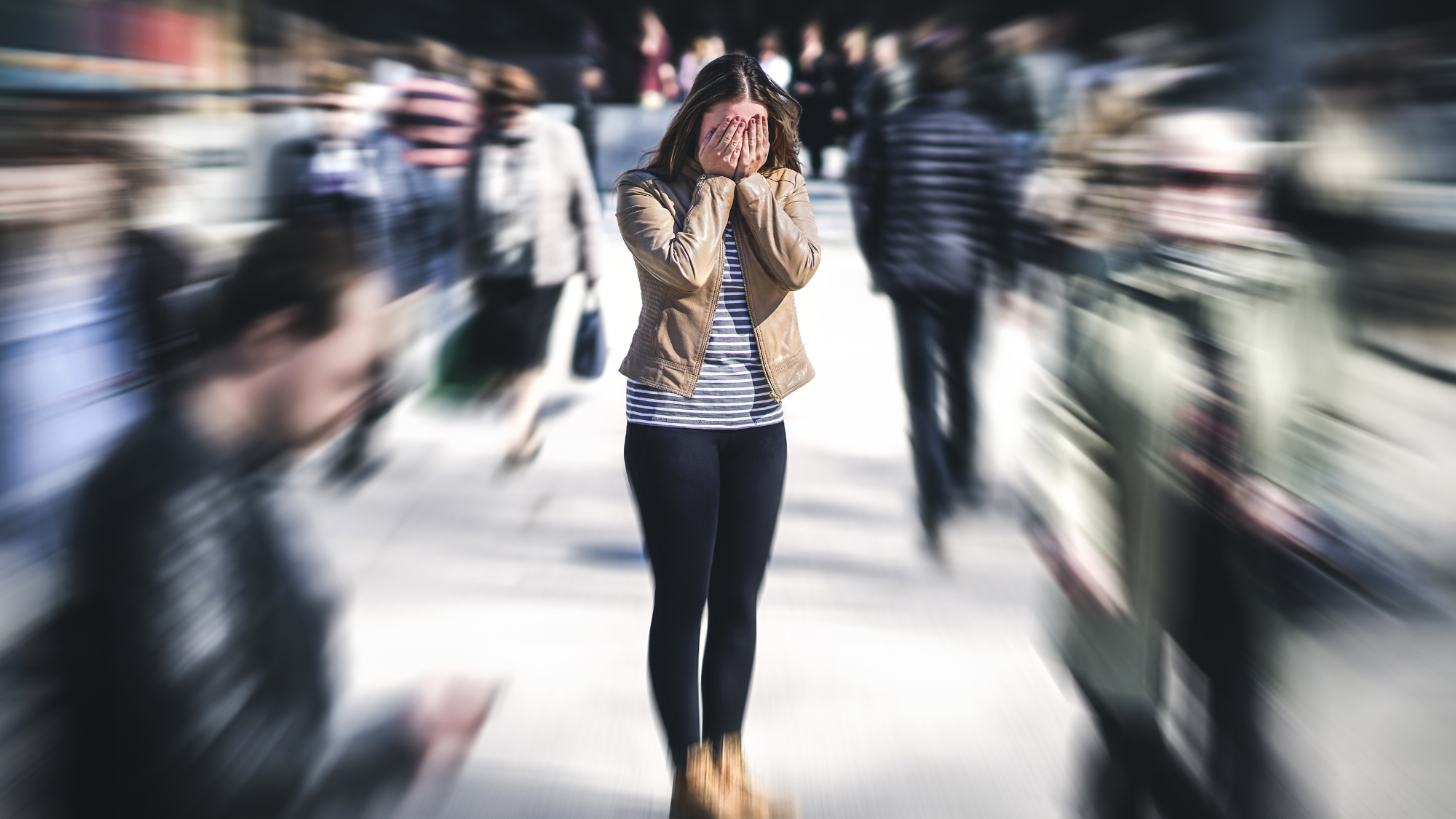
What if it’s not anxiety but something else?
Your provider should make sure there is no underlying cause for anxiety. You should have some labs done including a:
CBC- to rule out anemia
CMP-to check kidney and liver function, sugar and electrolytes
Thyroid function tests - Hashimoto’s thyroiditis is a perfect example of how a person can have anxiety that is driven by a metabolic problem
Urinalysis - to make sure there is no infection especially in the elderly
Urine drug screen - some abusable medications like cocaine or methamphetamine can cause anxiety
These are routine tests but if it is in the ER setting they may look at more complicated tests like EEG, CT scan of the head, MRIs
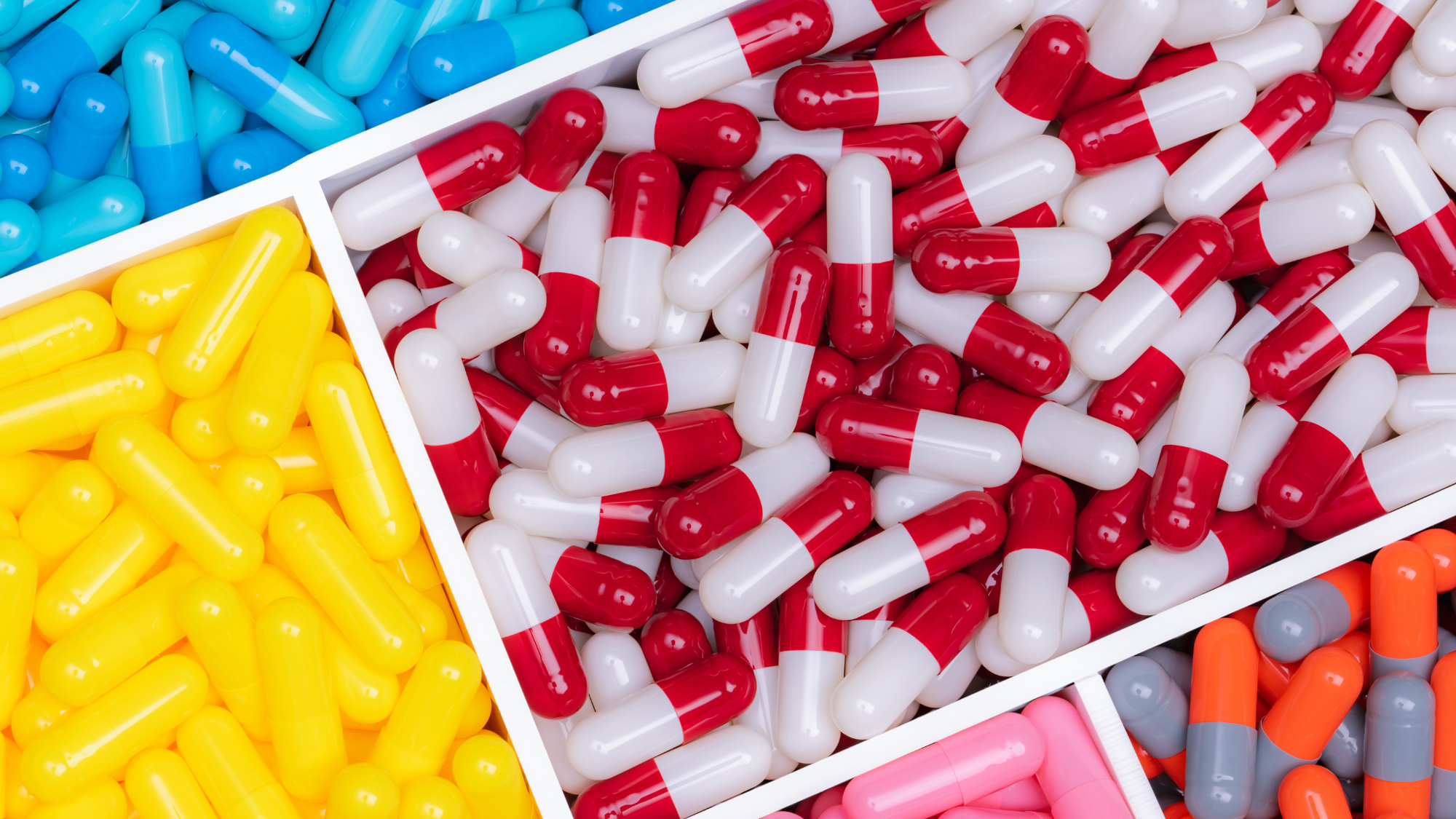
There are many treatments available for anxiety, including therapy and medication.
- The mainstay of treatment is CBT (cognitive behavioral therapy) psychotherapy or counseling. These all are similar but finding a good therapist can be challenging. There are many types of therapists ranging from Christian to secular therapists and ones who just do talk therapy or who are more skilled at diagnosing and recommending classes of medications
- The mainstay for pharmaceuticals are the anti-depressants. Most people will ask why you are giving them an antidepressant when the problem is anxiety. The reason is that they increase neurotransmitters like serotonin, dopamine and norepinephrine. This adjustment in neurotransmitters helps both anxiety and depression so they are used interchangeably. There are several classes of meds including TCA’s which are older antidepressants, SSRIs like prozac or Zoloft, or newer medications that increase GABA
- Another medication commonly prescribed for years and years but has recently had a prescribing change by the DEA are benzodiazepines. This are meds like Ativan, Xanax and klonopin. They are very habit forming and research is showing long term use of these meds has been connected to early onset Alzheimers disease. A medication I commonly give to take the place of these is a medication that acts like these meds but is not habit forming and that is buspirone or Buspar. Another medication that is actually for blood pressure but is used off label for anxiety is propranolol or inderal.
- TMS is a form of treatment that uses magnetic coils to activate neural networks in target areas of the brain. This is a 20 minute treatment in your providers office that is repeated over an extended period of time and addresses treatment resistant anxiety, depression and other mood disorders
- Neurofeedback is another non-invasive form of therapy that measures a persons brainwaves and gives the recipient real time information about how the brain is functioning. The goal is to help the patient gain voluntary control over functions in the body such as rapid heart rate. It teaches you self-control of brain functions by showing how the brain reacts to certain triggers. With multiple treatments a person can soon recognize the triggers that lead to anxiety and recreate the desired state they want. So instead of feeling anxious, having a fast heart rate and feeling sweaty, the desired result can be relaxation, and recognition of the anxiety triggers and how to avoid the progression of anxiety
- Sound frequency therapies like the WavWatch can address multiple mood disorders. There are 850 different diagnoses that the watch can address. Here is a link to get that watch. You will save $100 and because this is an affiliate it’s a win-win for you and me!
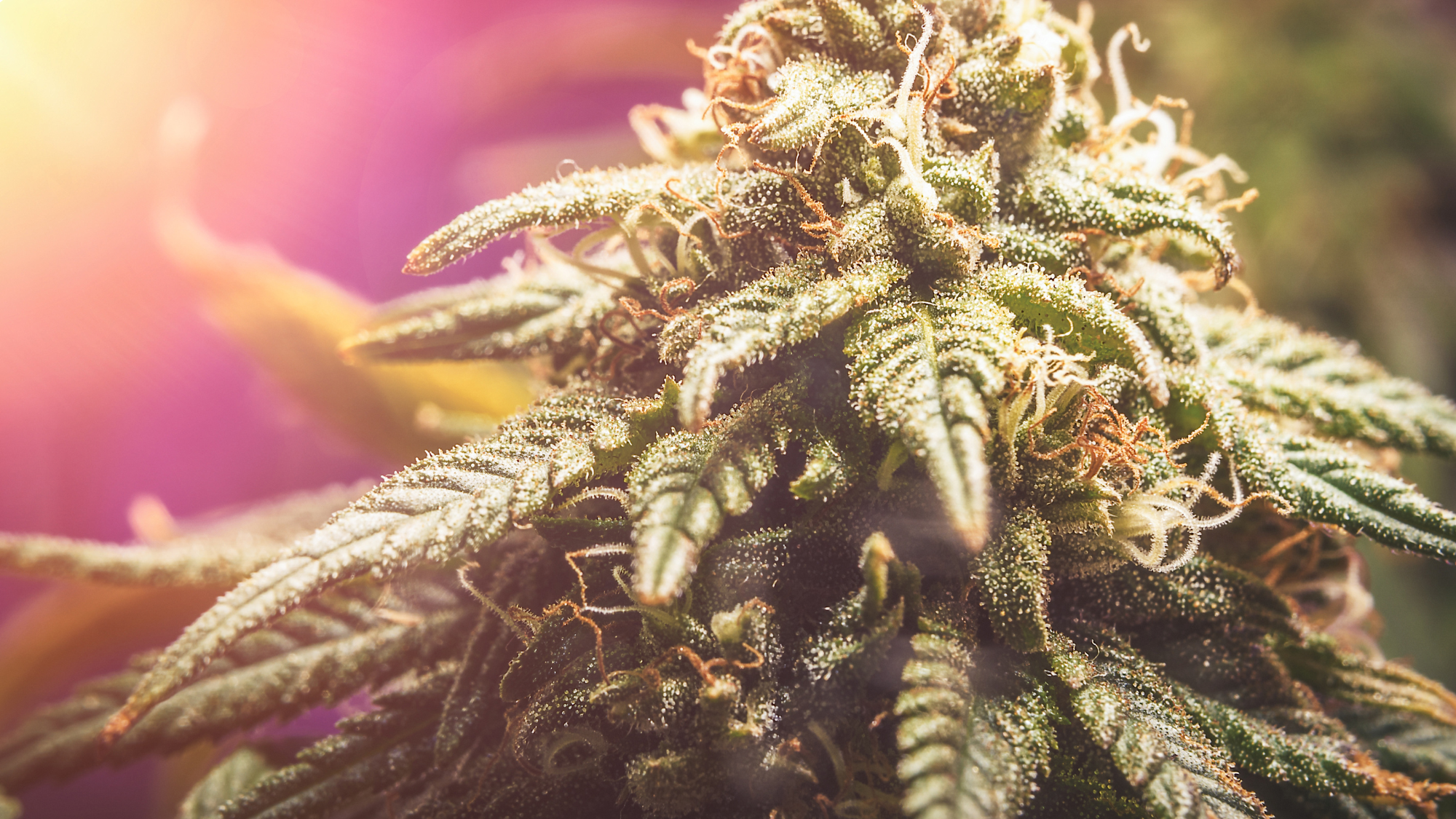
My favorite part is about plant medicine solutions for anxiety
First Essential Oils:
Oils that help with relaxation, reducing heart rate, promoting calm and rest include
- Lavender
- orange
- lemon
- roman chamomile
- valerian
- Melissa ( lemon balm)
- copaiba
- ylang ylang
Young Living Essential Oils have a few special blends like:
- stress away
- peace & calming
- Angelica
- release
- surrender
These oils help by entering the limbic portion of the brain when you smell them and that area of the brain is responsible for memory and emotions! You smell the oil, the molecules go through your nose to the olfactory bulb behind the nose and straight to the limbic portion of the brain. This lives right above the amygdala where anxiety can develop.
Cannabis and CBD options:
We have this amazing body that is enhanced with an amazing system known as the endocannabinoid system that loves cannabis and CBD! The issue with using cannabis if you have high anxiety, is it can actually make it worse. So many folks rely on CBD as it is the best option for reducing anxiety. It’s not wrong to use cannabis if it works for you though. The key is to use a very small dose of THC to a much larger dose of CBD.
You combine CBD with a great essential oil and you have the best of both worlds!!!!
Chemovars of cannabis to look for are ones with high levels of limonene terpenes. You can find this in Tangerine Dream and OG Kush. Another relaxing terpene is linalool and myrcene. You can find these terpenes in chemovars like Purple varieties & Bubba Kush.
CBD chemovars like Zeta and Cookies are known for shifting or improving mood, stimulating motivation and soothing anxiety. Just use a little bitty amount especially if it isn’t mostly CBD. The ratio of CBD should be much higher than THC.
Having anxiety can be frightening and frustrating. You really don't have to suffer with this alone. If you want to try alternative approaches I can help with that. Figuring all of this out is difficult. I knew nothing before I received my certification as a cannabis coach and educator. I also have my aromatherapy certification. This knowledge is beneficial if you just don't know where to start! I would love to help!
The perfect gift isn't always easy to find, but we've got you covered! With our wide variety of gifts ideas including kitchen gear and reading material for your favorite spot on the couch you are sure to find something for someone, maybe even yourself!! There are options for your furry family member too! The best part about these products? They're all tested winners with reviews from happy customers like yourself who want their friends (and families) to enjoy them too. For the health and wellness enthusiast in your life, these are the perfect Christmas gifts!

1. Ardent
Meet the Ardent FX all-in-one, portable canna-kitchen! Backed by science, the FX is perfect for the Cannabis Lover, Home Chef, Wellness-Obsessed, Edible Enthusiast, Gadget Guru, and more. This new DIY device fully activates your plant material (97 – 100%), including flower, kief, concentrate, stems, and more, and has settings to infuse, cook and bake right inside. It is precise and dependable and takes all the guesswork out!
From Nuvita: In case you missed the memo... we are a little obsessed with serving others, giving back, and doing our part to uplift everyone around us. That is why every month we donate a portion of all proceeds to a different charity, organization, or cause that does just that.
Specifically, our focus has been on putting an end to human trafficking, once and for all! No one deserves to be sold.
So not only do you get a high quality CBD product but you get it from a Woman owned business that cares about others. These products are organic and tested to ensure safety to you the consumer.
Healer is One of the Most Trusted Brands in Medical Cannabis
Today, hundreds of thousands of people rely on Healer.com for trusted cannabis and hemp education. Thousands of dispensary agents, healthcare providers and interested consumers have completed the Healer Certified training program. And, the Healer team is united in Healer’s mission to help you feel your best every day by delivering affordable, safe, and effective products with science-based education on how to best use them. You can be confident in ordering from this company.
4. Great Books for Learning about Cannabis
Supplies to use to make your own plant medicine products
Now for your Furry Family Members
Young Living! The Best Oils on the Planet!!
Musculoskeletal Support Bundle
Last but not least
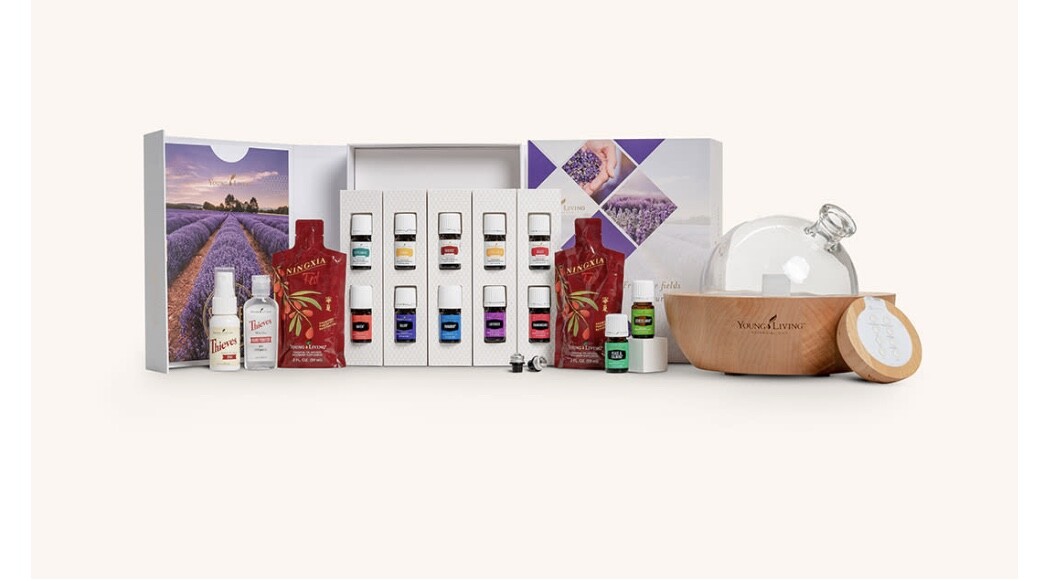 this is a gorgeous, elegant diffuser that will not disappoint and will surely spoil your favorite someone!!!
this is a gorgeous, elegant diffuser that will not disappoint and will surely spoil your favorite someone!!!One more thing!!!
This is pretty special! It's a different way to address 850 diagnoses. It is the WAVWatch. This device uses sound frequency to reach different organs and cells in the body. Our bodies are alive with frequencies and respond to different sounds either negatively or positively. This watch is easy to wear and you can work on all kinds of issues just by wearing it. I know it all sounds a little strange, but our bodies are unique, created by a God who has a wonderful imagination, so why wouldn't something like this work to help restore and recover health issues we deal with? And you can save $100 with this link. Click the image below.


